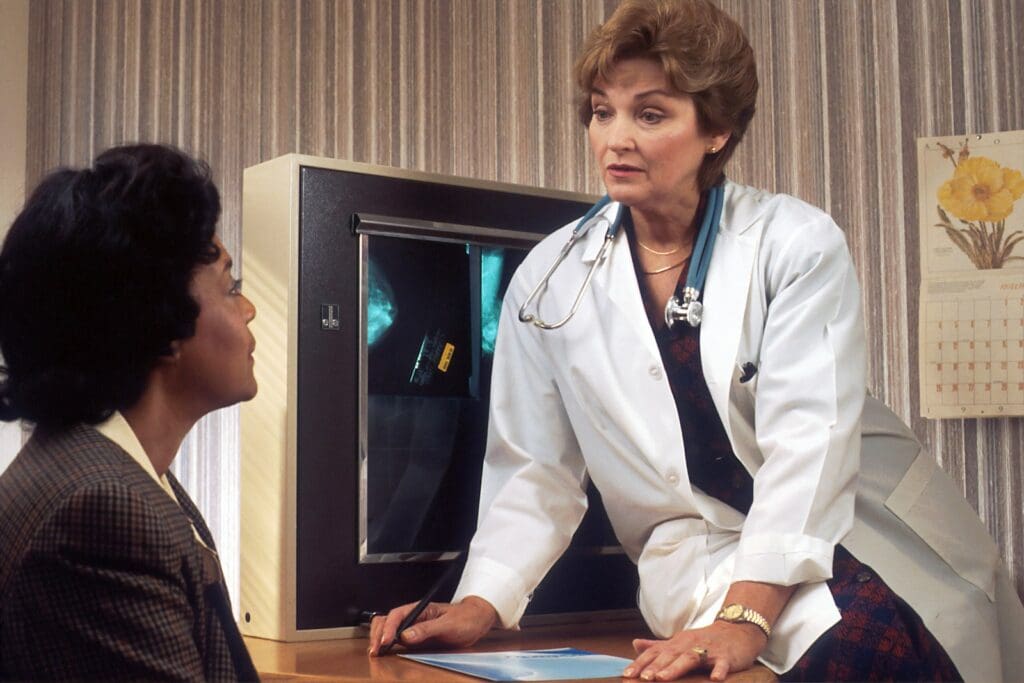In our fast-paced lives, taking charge of our own health can sometimes lead to common misconceptions and oversights that may have significant long-term implications. From seeking immediate remedies for chronic issues to overlooking the necessity of regular health screenings, numerous pitfalls can hinder our well-being.
Understanding these common health-related mistakes can better equip individuals to make informed decisions, promoting a healthier lifestyle and improved outcomes.
15. Expecting quick fixes for chronic health issues

Many patients hope for immediate solutions to long-term health problems, but chronic conditions often require ongoing management. Doctors emphasize the importance of patience, consistency in treatment plans, and lifestyle modifications for lasting improvements. Understanding that sustainable health changes take time can lead to better outcomes and reduced frustration.
14. Not adhering to recommended screening schedules

Regular health screenings are crucial for early detection and prevention of diseases. Many people skip or delay recommended screenings for conditions like cancer, diabetes, and heart disease. Adhering to age-appropriate screening schedules can significantly improve health outcomes and reduce healthcare costs in the long run.
13. Failing to disclose use of supplements and alternative treatments

Many patients don’t report their use of dietary supplements or alternative treatments to doctors. This can lead to dangerous drug interactions or ineffective treatments. Studies show that up to 70% of patients don’t disclose supplement use, often due to fear of disapproval or believing it’s irrelevant. Always inform your doctor about all supplements and alternative therapies you’re using.
12. Ignoring mental health concerns

Physicians stress the importance of addressing mental health issues promptly. Ignoring these concerns can lead to worsening symptoms, decreased quality of life, and even physical health problems. Doctors urge patients to seek help early, as mental health is integral to overall well-being and can significantly impact daily functioning and relationships.
11. Sharing prescription medications with friends or family

Sharing prescription medications is illegal and dangerous. It can lead to unexpected side effects, drug interactions, and delayed proper treatment. Even if you’re trying to help, you could be putting someone’s health at risk. Always consult a healthcare provider for appropriate medication, dosage, and usage instructions.
10. Not asking questions or seeking clarification during appointments

Doctors encourage patients to ask questions and seek clarification during appointments. This helps ensure better understanding of diagnoses, treatments, and medications. Prepare a list of questions beforehand and don’t hesitate to speak up if something is unclear. Active participation in your healthcare leads to better outcomes and stronger doctor-patient relationships.
9. Delaying seeking medical attention for concerning symptoms

Ignoring persistent or severe symptoms can lead to worsened conditions and complications. For example, delaying treatment for heart attack symptoms increases the risk of serious damage or death. Patients with lower numeracy skills are four times less likely to seek timely medical help. Always err on the side of caution and consult a doctor promptly for concerning symptoms.
8. Avoiding vaccinations without valid medical reasons

Skipping recommended vaccines can put you and others at risk. The CDC advises everyone 6 months and older to get the updated 2024-2025 COVID-19 vaccine, regardless of previous vaccination status. Most people should also receive annual flu shots. Only a few medical conditions warrant avoiding certain vaccines, so consult your doctor before opting out.
7. Neglecting to update medical history and medication lists

Doctors stress the importance of keeping medical histories and medication lists current. Outdated information can lead to dangerous drug interactions or inappropriate treatments. Patients should inform their healthcare providers about new diagnoses, medications, allergies, and significant life changes. Regular updates ensure safer, more effective care.
6. Failing to follow post-treatment instructions

Doctors emphasize the importance of adhering to post-treatment care instructions. Many patients underestimate the significance of following aftercare guidelines, which can lead to complications or delayed recovery. Proper post-treatment care, including medication adherence, wound care, and activity restrictions, is crucial for optimal healing and treatment success.
5. Discontinuing medications without consulting a doctor

Abruptly stopping prescribed medications can lead to dangerous withdrawal symptoms or worsening health conditions. Some drugs, like blood thinners, antidepressants, and blood pressure medications, should never be stopped suddenly. Always consult your doctor before discontinuing any medication, even if you feel better. They can guide you through a safe tapering process if needed.
4. Expecting antibiotics for viral infections

Antibiotics are ineffective against viral infections like colds, flu, and most sore throats. Overuse of antibiotics for viral illnesses contributes to antibiotic resistance, a growing global health threat. Instead, focus on rest, hydration, and over-the-counter symptom relief for viral infections. Only take antibiotics when prescribed for bacterial infections.
Read More: What Every Woman Should Know About Perimenopause
3. Not being honest about lifestyle habits and symptoms

Patients often withhold information about alcohol consumption, diet, exercise, and sexual history from their doctors. This dishonesty can lead to misdiagnosis, inappropriate treatments, and overlooked health risks. Being truthful, even about embarrassing topics, is crucial for receiving proper care and preventing potential complications.
Read More: 15 Natural Ways to Get Rid of Inflammation
2. Self-diagnosing using the internet

While online resources can provide valuable health information, doctors caution against relying solely on internet searches for diagnosis. Self-diagnosis often leads to unnecessary anxiety, misinterpretation of symptoms, and delayed professional care. Instead, use reputable sources to educate yourself, but always consult a healthcare provider for accurate diagnosis and treatment.
Read More: Did AI Discover the First New Antibiotics in Over 60 Years?
1. Ignoring preventive care and skipping regular check-ups

Regular check-ups are crucial for early detection and prevention of serious illnesses. They allow doctors to monitor your health, identify potential issues, and provide timely interventions. By prioritizing preventive care, you can significantly reduce the risk of developing severe conditions and improve overall health outcomes.
Read More: Top 10 Crucial Questions You Must Ask Your Doctor Now!








